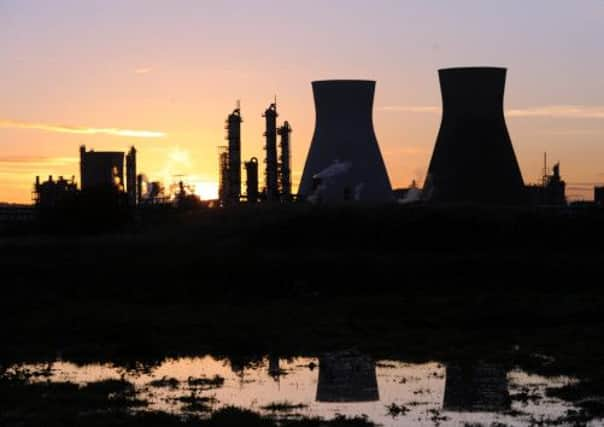Grangemouth analysis: A basis from which union can work


He dodged the question saying: “My union is engaged with thousands of companies every day to negotiate plans to save jobs. There is nothing humiliating about negotiating plans to ensure jobs and communities are safe.”
Clearly, Unite has been put very much on the back foot after what seemed like a big turn-around in the dispute earlier in the week when the majority rejected the company’s demands.
Advertisement
Hide AdAdvertisement
Hide AdSome commentators may say that Unite has now “surrendered”, hoisted ‘the white flag’ and suffered abject humiliation.
This would be far from an accurate portrayal. Imagine if Unite had rolled over without putting up a fight.
It is the biggest union in Britain with 1.4 million members and was founded on the premise that bringing together the Amicus and T&G unions meant that “bigger was better”.
The credibility of its current general secretary, dubbed “Red Len” would have been shot to pieces.
If Unite had rolled over, employers elsewhere would no doubt have sniffed an opportunity and some of them would have gone hell for leather for unreciprocated concessions from Unite members.
This could have set off a snowball effect as Unite would have been under attack on so many fronts it would have been unable to withstand the pressure, being punch drunk.
At least these employers know that after Grangemouth, Unite will do its utmost to resist.
That may not be much comfort to Unite’s Ineos members but it will be to the rest of the union’s members.
Advertisement
Hide AdAdvertisement
Hide AdAnd, after the 2007 credit crunch sparked off the recession, thousands of employers asked for and often got pay freezes, pay cuts and staff went uncompensated for short-time working.
Unite was amongst the unions that reluctantly acceded to these demands. The only difference in the Ineos case has been that the dispute has been played out in an intense media spotlight.
But even in the Ineos case – when the company finally conceded to talks at ACAS two weeks ago – Unite was offering to make concessions and showed flexibility.
What Unite has come up against was a very idiosyncratic company driven by a very idiosyncratic, dominant shareholder.
At least with the concessions now given, Unite has a basis from which to work, namely, the continued employment of its members. It will take time and it will be difficult but at least Unite can try to rebuild itself in the company.
• Gregor Gall is professor of industrial relations at the University of Bradford.